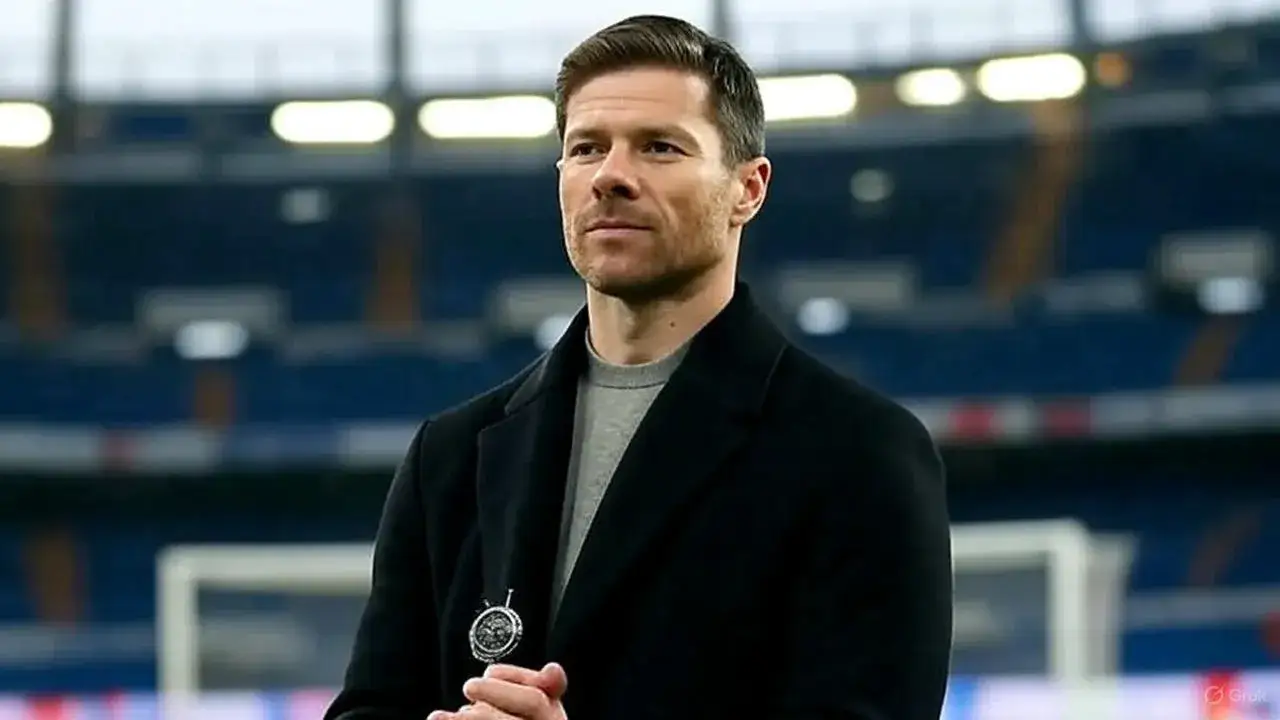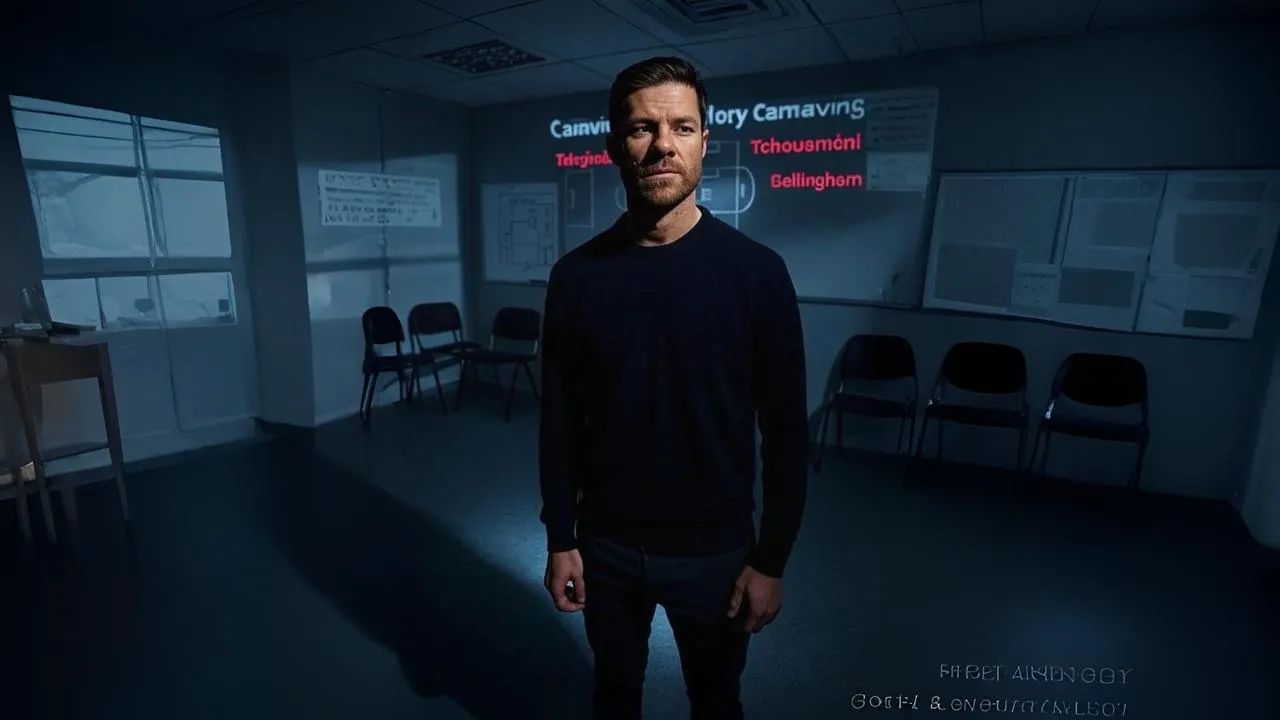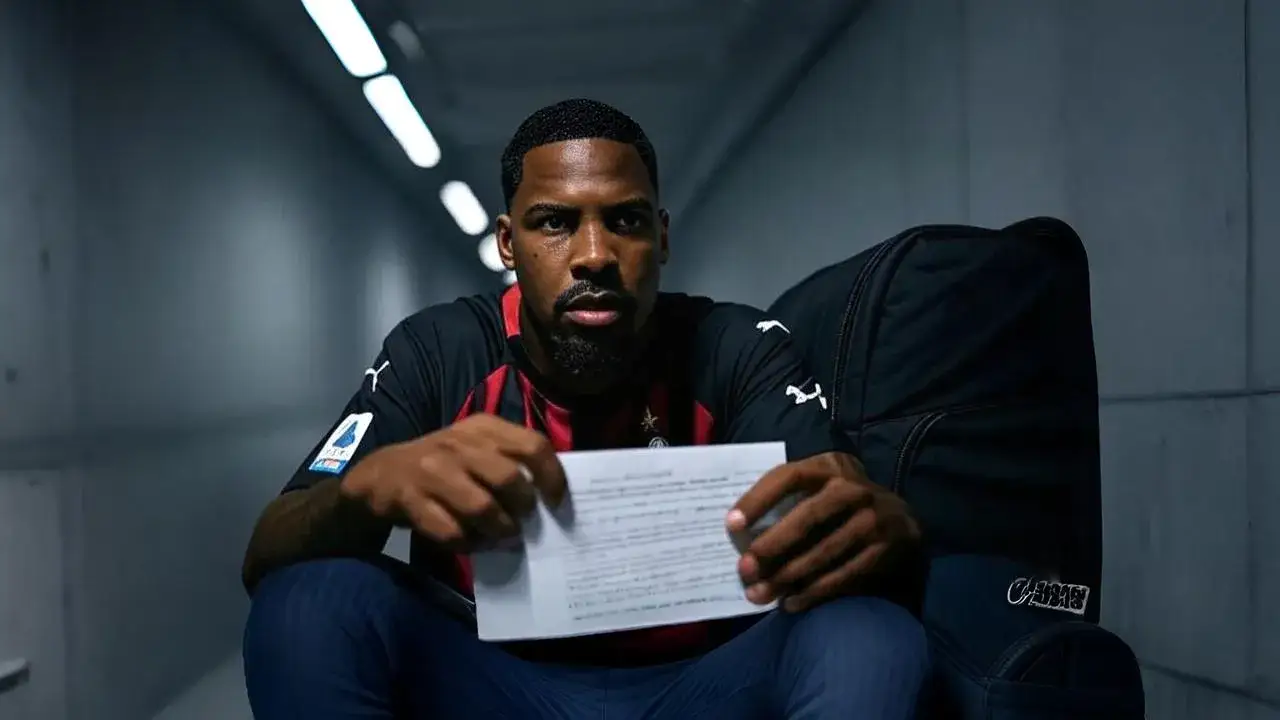Xabi Alonso’s first message: A tactical race against time begins at Real Madrid
Real Madrid’s new manager Xabi Alonso kicks off his Bernabéu career with urgency and vision, aiming to instil his tactical philosophy ahead of the FIFA Club World Cup despite limited preparation time.

High-intensity start to life at the Bernabéu
Real Madrid’s new head coach Xabi Alonso is making a high-intensity start to his tenure at Santiago Bernabéu. Despite having conducted just three training sessions, he is set to lead his team with the aim of achieving success at the FIFA Club World Cup.
Alonso’s first message to the club
In his first remarks about the new era, shared with the club’s official television channel, Alonso underlined the need for his tactical vision to quickly take shape on the pitch. Speaking to Real Madrid TV, the young manager said,
“We haven’t had the chance to fully get to know each other yet. Time is short, but we are trying to instil the basic principles during this period.”
Debut match and early pressure
Alonso’s first official match will be against Al Hilal on Wednesday evening. According to BBC Sport analysis, Real Madrid are among the natural favourites to win the tournament, and this expectation adds extra pressure to Alonso’s debut test.
Initial training under squad limitations
The first training sessions were held with a depleted squad due to international duty. According to Real Madrid’s official website, Vinicius Junior and Arda Güler have rejoined the team, while Rodrygo stood out with his high-tempo performance. Alonso has prioritised one-on-one communication during this period, aiming to convey his footballing ideas directly to the players.
A midfield in transition
However, the midfield is undergoing a major transformation. With the departures of Luka Modrić and Toni Kroos, Real Madrid have lost two leaders who carried the team’s footballing brain for years. This gap requires a structural rebuild not just technically, but psychologically and strategically as well.

Youthful core takes centre stage
The core of the team now features dramatically younger players such as Camavinga, Tchouaméni, Arda Güler, and Bellingham. The squad includes one of the youngest generations in the club’s history. And the development of this generation now lies in Alonso’s hands. This is not just a tactical transition—it signals a broader reconstruction within the club’s DNA.
The biggest challenge of Alonso’s career
At this exact juncture, Real Madrid stands out as the most formidable challenge in Xabi Alonso’s managerial career. The systemic success and tactical acumen he demonstrated at Bayer Leverkusen brought him to Madrid. But this time, the objective is not only to win matches—it is to build an institutional culture that shapes the club’s future.
Building identity under time pressure
Alonso acknowledges that building an identity in a short time is not easy, but insists they don’t want to miss this opportunity:
“From day one, we must show what we stand for, how we want to play.”
Tactical philosophy and training details
His footballing philosophy revolves around on-pitch control, passing stations between the lines, and maintaining a compact team structure. In early training images shared by Helios de la Rubia, Alonso’s detailed guidance to midfielders stood out in particular.
Beyond results: a new era begins
Under FIFA’s newly expanded 32-team format this summer, Real Madrid are preparing not just for the trophy, but for the beginning of a new technical era. For Alonso, this transformation is less about immediate results and more about discovering their identity on the pitch.

